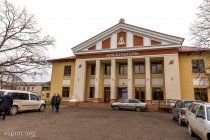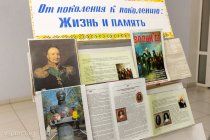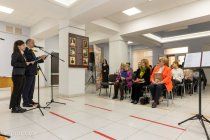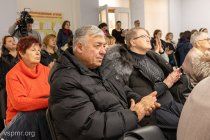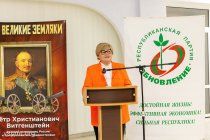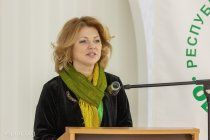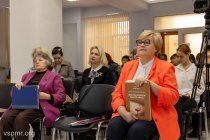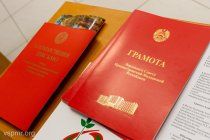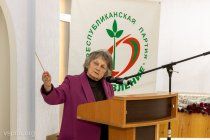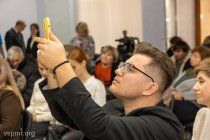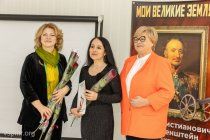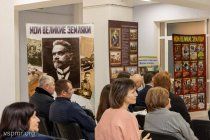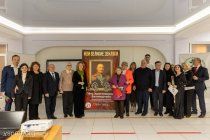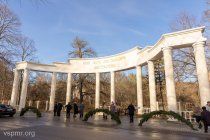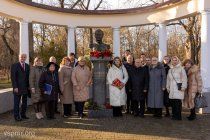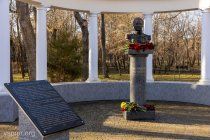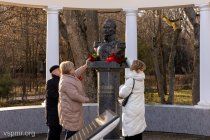 Русский
Русский English
English-







My Great Countrymen: Peter Wittgenstein
The famous countryman Pyotr Christianovich Wittgenstein was remembered in Kamenka on December 25. Deputies of the Supreme Council Galina Antyufeyeva, Ilona Tyuryaeva, Valery Babchinetsky, the district leadership, activists of the Renewal party, citizens and schoolchildren gathered at the city Palace of Culture. The event became part of the large-scale project “My Great Countrymen” of the Renewal party. Its goal is to preserve and popularize the cultural heritage of Pridnestrovie.
Count Pyotr Christianovich Wittgenstein was known as a famous commander, a hero of the Patriotic War of 1812; Alexander Pushkin wrote about him in 1814, “It is not as easy to write good poetry as it is for Wittgenstein to defeat the French”.
Wittgenstein with his wife acquired land in Kamenka in the Podolsk province of the Russian Empire back in 1805. The winner of Napoleon's three marshals undertook the arrangement of the estate in 1818, when he was appointed commander-in-chief of the 2nd Army, whose headquarters were located in Tulchin.
The meeting in Kamenka, dedicated to Pyotr Wittgenstein, brought together in one place those interested in the history of their native land. Historians and local historians shared facts from the life of the count, who glorified Kamenka and Pridnestrovie, talked about the milestones of his life and contribution to the history of our region. After all, the Kamenka estate of the Wittgensteins belonged to the most magnificent in Podolia. Kamenka became a large (on a local scale) trade and transport hub in 10 years after the start of construction of buildings and structures (estate, park, grape terraces, etc.). As Kamenka local historian Margarita Balitskaya writes in her book, at the end of the 20s of the 19th century there were two ferries across the Dniester, a postal station (33 horses), a customs outpost, and a pier in Kamenka. The local population and visitors were served by 19 shops and stores. Weekly bazaars and periodic fairs were held. Profit came from mills, various workshops, a stud farm, sheep breeding and a winery, distillery and brewery.
Ilona Tyuryaeva emphasized that Pyotr Wittgenstein was not born on Pridnestrovian soil, but he loved it with all his heart and showed the whole world the natural resources of our region. Pyotr Wittgenstein was buried in Kamenka land; today the place of his burial is unknown, since the family tomb of the count’s family was destroyed at the beginning of the 20th century.
255 years after the birth of Pyotr Wittgenstein, his name continues to be heard - a variety of elite 50-year-old cognac, which was created at the Kvint factory, is named in honor of the count. After all, it was thanks to Peter Wittgenstein that the foundations of industrial winemaking were laid in Pridnestrovie.
After the meeting, residents of Kamenka, local historians and deputies of the Supreme Council of the Pridnestrovian Moldavian Republic laid flowers at the portrait sculpture of Count Peter Wittgenstein, installed in the park named in his honor. As part of the “My Great Countrymen” project, the story about the Russian military leader, the count who glorified Kamenka, will be continued by Renewal activists in other cities of Pridnestrovie.
The project “My Great Countrymen,” authored by Deputy of the Supreme Council of the Pridnestrovian Moldavian Republic Ilona Tyuryaeva, has already talked about 17 Pridnestrovians who became known throughout the world and glorified their small homeland.


